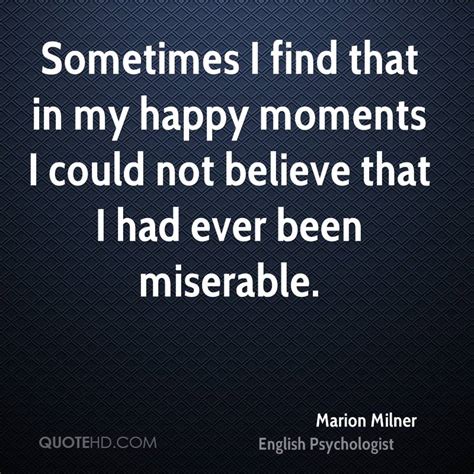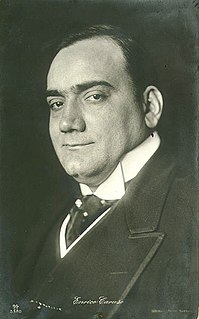A Quote by Giles Andreae
When a friend needs consoling, do not give in to the temptation of telling stories similar to theirs of disaster or bereavement. It is something people often do to show empathy but nothing is more tiresome than other people's problems when you want to focus on your own. Listening is by far the best form of consolation.
Related Quotes
As an activist, you do find yourself directed more toward public action. But I've always tried to use stories from my own life in my writing for instance. It has always been clear to me that the stories of each other's lives are our best textbooks. Every social justice movement that I know of has come out of people sitting in small groups, telling their life stories, and discovering that other people have shared similar experiences. So, if we've shared many experiences, then it probably has something to do with power or politics, and if we unify and act together, then we can make a change.
Long before I wrote stories, I listened for stories. Listening for them is something more acute than listening to them. I suppose it’s an early form of participation in what goes on. Listening children know stories are there. When their elders sit and begin, children are just waiting and hoping for one to come out, like a mouse from its hole.
When two people in a marriage are more concerned about getting the golden eggs, the benefits, than they are in preserving the relationship that makes them possible, they often become insensitive and inconsiderate, neglecting the little kindnesses and courtesies so important to a deep relationship. They begin to use control levers to manipulate each other, to focus on their own needs, to justify their own position and look for evidence to show the wrongness of the other person. The love, the richness, the softness and spontaneity begin to deteriorate.
I do think that even with entertainment and telling stories, people in the entertainment industry have such a beautiful position in the world to speak about things that they're passionate about in a way that can grab people more than just sitting and telling someone about something, because you can show it visually.
Nothing helps us build our perspective more than developing compassion for others. Compassion is a sympathetic feeling. It involves the willingness to put yourself in someone else's shoes, to take the focus off yourself and to imagine what it's like to be in someone else's predicament, and simultaneously, to feel love for that person. It's the recognition that other people's problems, their pain and frustrations, are every bit as real as our own-often far worse. In recognizing this fact and trying to offer some assistance, we open our own hearts and greatly enhance our sense of gratitude.
For girls and women, storytelling has a double and triple importance. Because the stories of our lives have been marginalized and ignored by history, and often dismissed and treated as 'gossip' within our own cultures and families, female human beings are more likely to be discouraged from telling our stories and from listening to each other with seriousness.
During empathy one is simply 'there for' the other individual, when experiencing their own feelings while listening to the other, i.e. during sympathy, the listener pays attention to something about themselves, and is not 'there for' the client. Consider how you would feel if you sensed that the individual listening to you was getting into their own 'stuff' rather than hearing and reflecting exactly what you were feeling in a moment of need?
I've heard stories of other people that are similar stories to me - their mother or father passing away. People have come out to me on Instagram. It's amazing that they can tell me and confide in me. I always want to take the time and write these long messages telling them how much that means to me.







































